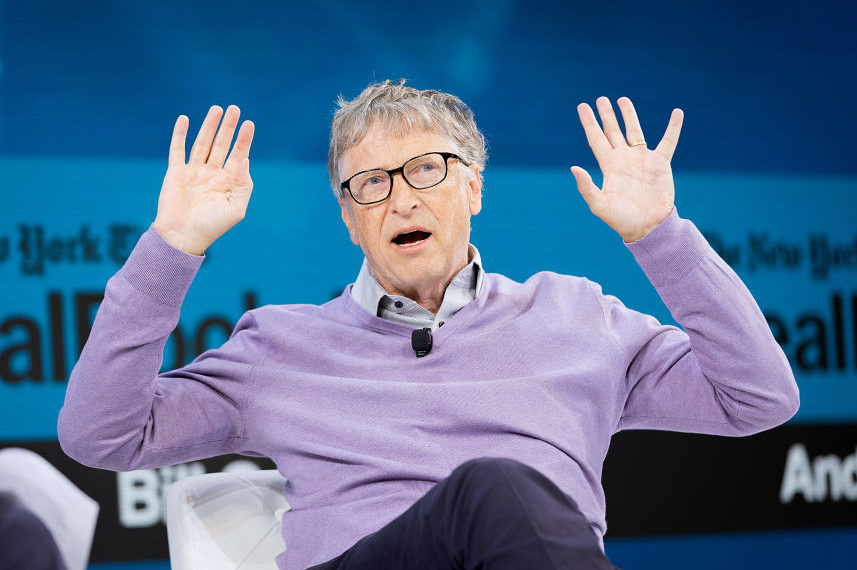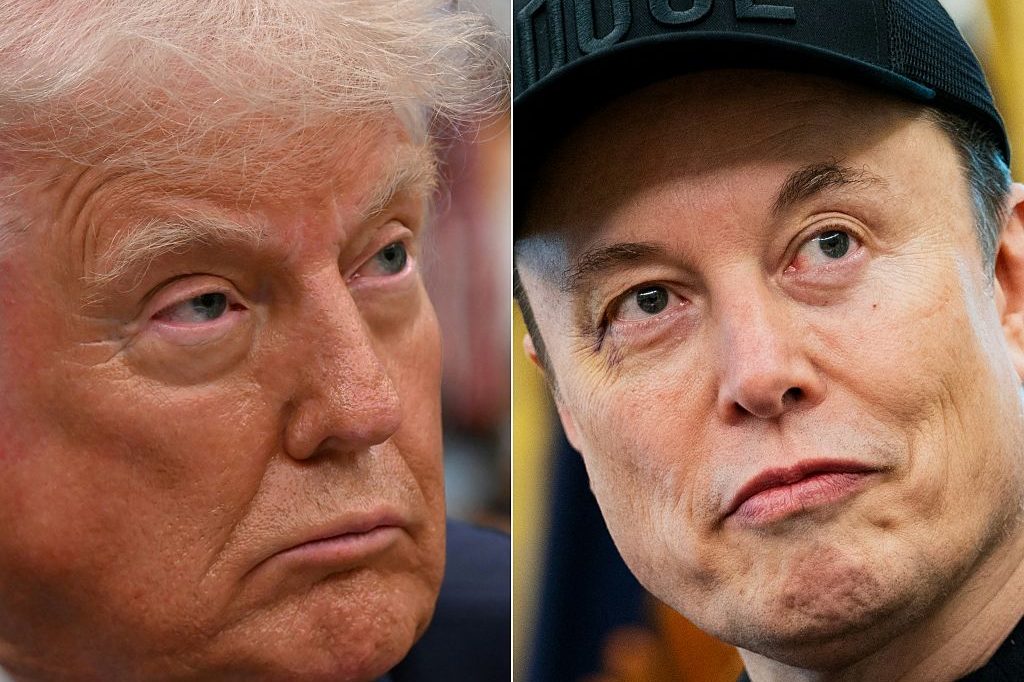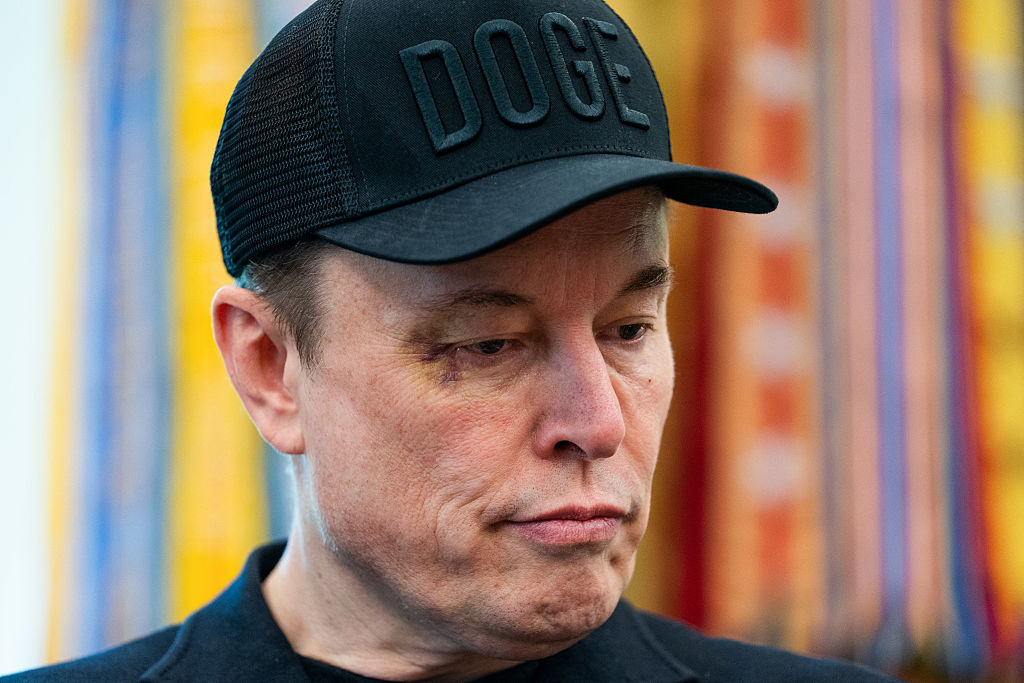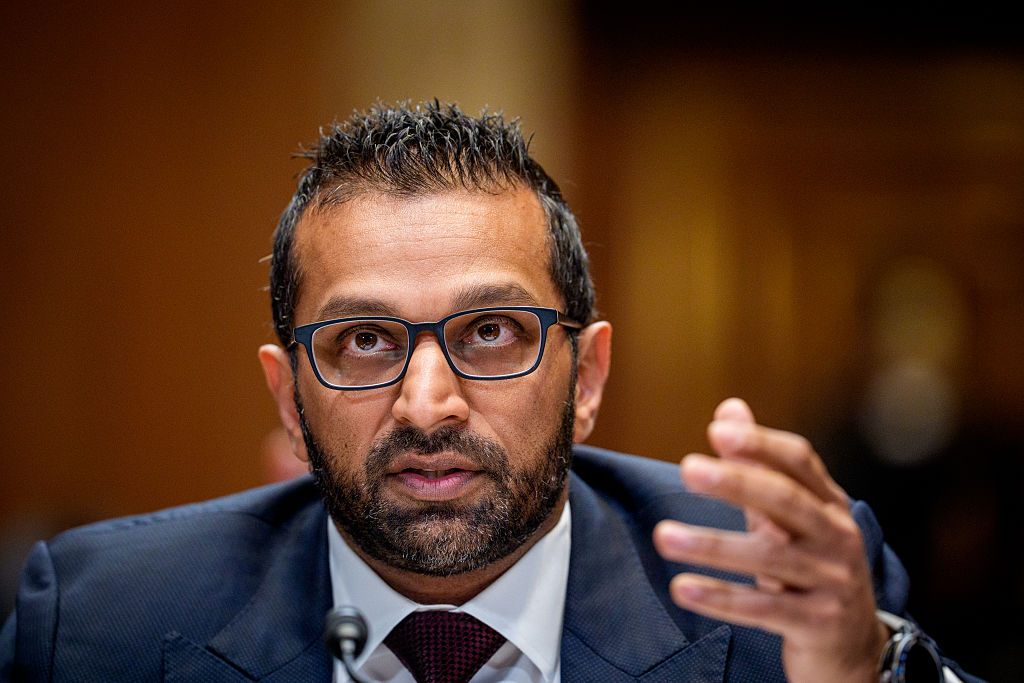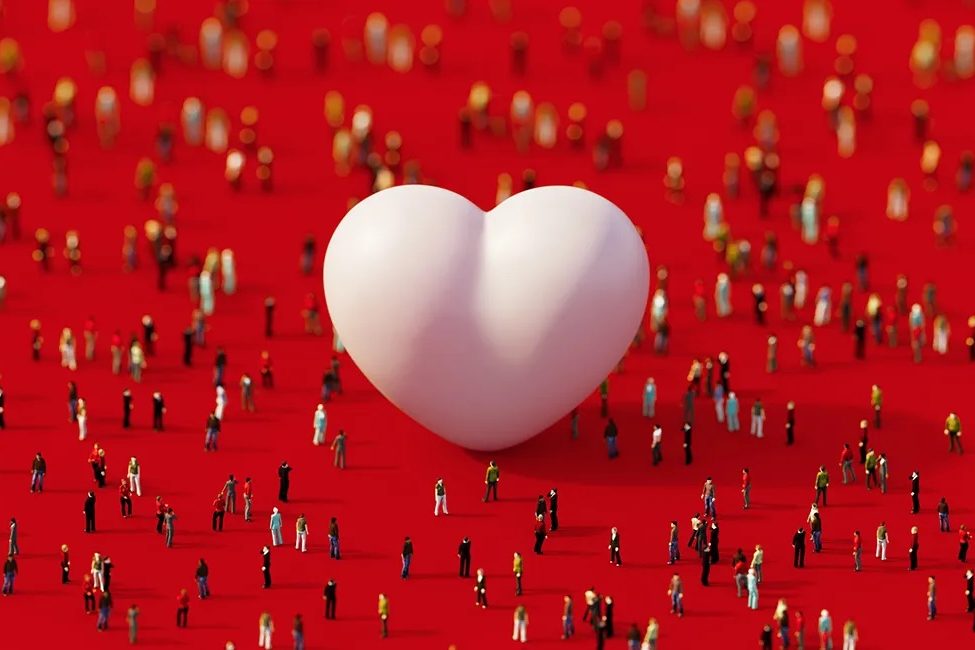Humans are capable of growth. Even the most immoral of individuals have the capacity for change. Your second act can be distinctly different from your first. If in doubt, just ask Bill Gates.
When you close your eyes and think of Bill Gates, what images spring to mind? A kindly man in a knitted sweater promising to rid the world of suffering? Gates has become synonymous with words like compassion and care.
But what about words like tyrant, megalomania, pettiness, insincerity and greed? Surely not. How could a benevolent philanthropist, a man who exudes kindness, also be cruel and petty? As has been reported ad nauseam, Bill Gates has devoted so much of his life to eradicating illnesses like malaria and addressing issues of poverty in disadvantaged countries.
But as his recent opposition to sharing vaccine patent technology with developing countries demonstrated, that which glitters isn’t always gold. The author Kenneth Eade warns us that ‘there is a dark side to humans that lurks in the background, and it’s only revealed if you know where to look’. With Bill Gates, we needn’t look that hard.
The tech industry innovator of today is unrecognizable from the original Bill Gates of the late 1980s and early 1990s. As GQ’s Mike Hofman writes, ‘Back then, Gates was famously the office bully. He dressed down employees in public, hurled sarcasm at rivals and would reportedly trawl around Microsoft’s parking lots on weekends to see which employees were working overtime.’
Gates was manipulative and highly unpleasant, never one to let a good crisis go to waste. Paul Allen, the man who co-founded Microsoft with Gates, knew this better than most. When Allen was ill with Hodgkin’s disease, Gates acted quickly to dilute his partnership stake. Before Allen passed away in 2018, he called Gates a ‘mercenary‘ opportunist. A ruthless businessman with zero compassion.
Besides being a heartless mercenary, Gates is also a hypocrite. A shameless one, too.
This year, Gates released a book titled How to Avoid a Climate Disaster. This is the same man who has an annual carbon footprint of about 7,493 metric tons, mostly from air mileage.
Then there is his association with Jeffrey Epstein, the disgraced financier and convicted sex offender who committed suicide 18 months ago. After 27 years of marriage, Bill and Melinda Gates are currently in the process of separating. According to the Wall Street Journal, it was Bill’s association with Epstein that prompted Melinda to begin working with divorce lawyers as far back as October 2019, around the same time Epstein took his own life. For a number of years, their marriage had been ‘irretrievably broken’, according to the WSJ. Bill’s relationship with Epstein played a significant role in the erosion of trust. However, it is important to remember that Melinda also met with Epstein in 2013, two years after Epstein was found guilty of soliciting sex from a minor. Her decision to meet with a known pedophile also warrants scrutiny.
Although Melinda only appears to have met with Epstein once, her husband insisted on maintaining a friendship with a notorious sex offender. Why? As the Daily Beast recently reported, Gates hoped Epstein ‘could help him secure the Nobel Peace Prize’. This, we’re told, is what Bill wanted ‘more than anything else in the world’. And Epstein was the perfect man to help secure the award. The sex offender, as the Daily Beast notes, was ‘known for cultivating a rolodex of elite contacts from around the globe: billionaires, royals, celebrities, politicians and prominent scientists, including Nobel laureates Frank Wilczek, Gerald Edelman and Murray Gell-Mann’.
Clearly Gates’s squeaky clean image is a highly calibrated charade. But what about his philanthropic efforts? Are they also part of a facade?
Over the past 12 months or so, Gates’s wealth has increased by $20 billion. With a fortune of more than $130 billion, he is the fourth wealthiest man in the world. But look beneath the surface and you see that little has changed between the Bill of today and the Bill of the Eighties and Nineties. He is the same man, just older; the same wolf in a slightly nicer knitted sweater. The accumulation of wealth and power, not the helping of people in need, appears to be Bill’s modus operandi. As small farmers in developing countries are finding out, Gates is reportedly looking to control the supply of food production, much to their detriment. In other words, he is looking to usher in a new age of digital farming — farming without farmers.
Then, there is his acquisition of farmland across America. Neo-feudalism and philanthropy don’t appear to be compatible, but this is Bill Gates we’re discussing, a man of so many contradictions.
As a recent analysis by the Land Report shows, the billionaire is now the largest owner of private farmland in the United States and one of the largest in the world. With more than 240,000 acres of farmland across the country, you might wonder why major newspapers aren’t asking more questions. Remember Gates has spent billions of dollars on the dismantling of traditional systems of agriculture, directly affecting the lives of millions of people in need. It’s easy to depict him as a philanthropist with a penchant for hurting the people most in need of genuine philanthropy.
Last year, researchers examined the influence of the Gates Foundation across the continent of Africa. The report, titled ‘False Promises: The Alliance for a Green Revolution in Africa (AGRA)‘, found that in every one of the 18 countries the Gates Foundation operated in, and continues to operate in, the number of people suffering from extreme hunger has actually increased. Instead of helping millions of people, could Gates’s efforts be harming them?
Cynics might speculate that harm is part of the plan.Gates bought thousands of shares in Monsanto, an agrochemical company with a history of producing dangerous pesticides and clashing with local farmers. In Micronesia just a few years ago, the Gates Foundation was accused of engaging in aggressive acts of biopiracy, which involves the unethical or unlawful appropriation of biological materials. The same allegation was leveled at the Foundation in India more recently.
Why don’t we hear more about his style of Potemkin philanthropy, where impure motives are packaged as altruistic support, in the Western media?
Perhaps, just perhaps, it could have something to do with the fact that the Gates Foundation has made numerous ‘charitable‘ donations to outlets like the BBC, NBC, Al Jazeera, ProPublica, National Journal, the Guardian, Univision, Medium, the Financial Times, the Atlantic, the Texas Tribune, Gannett, and Washington Monthly? After all, if so many major newspapers are on the payroll, who will ask the inconvenient questions?



